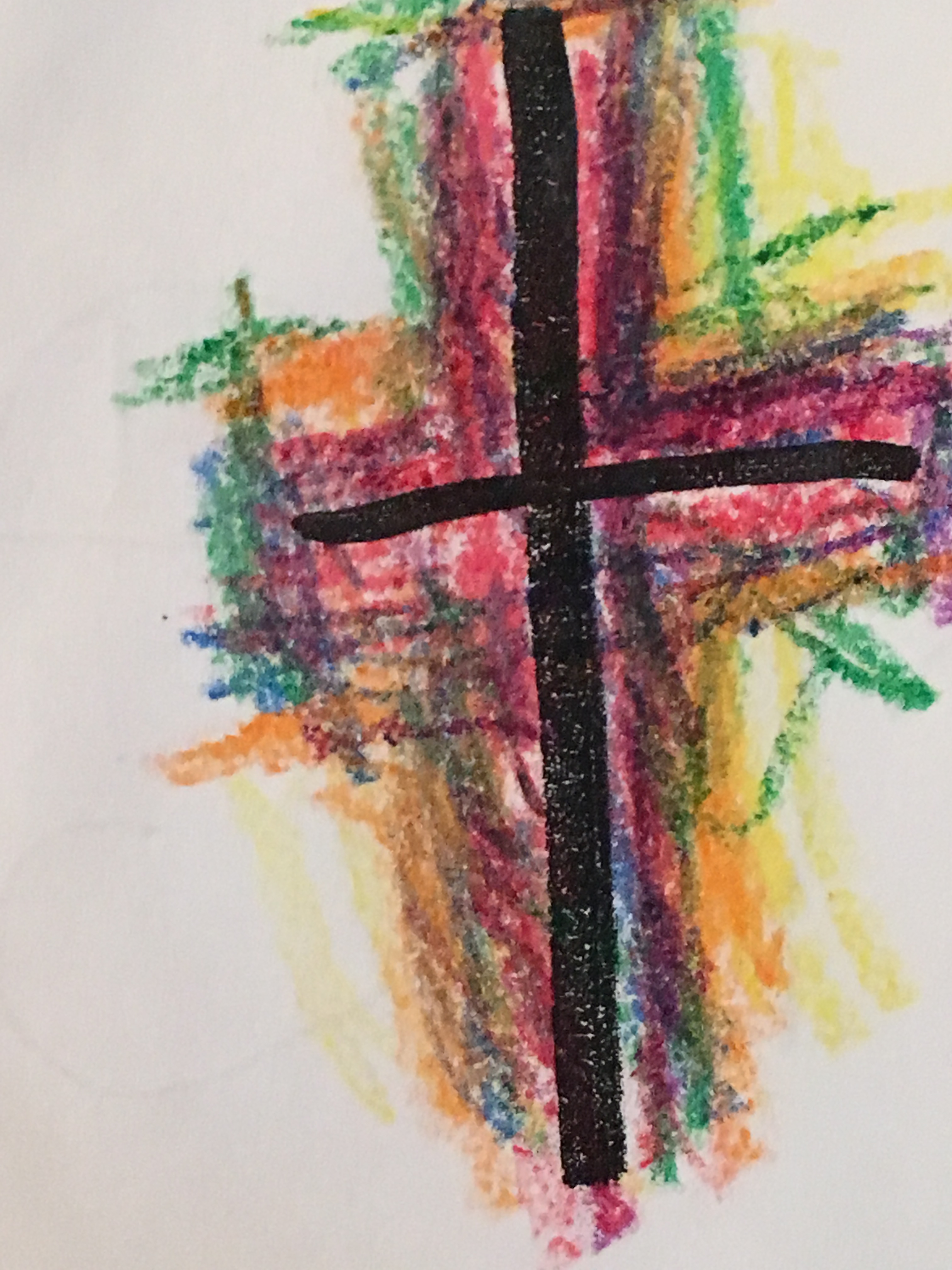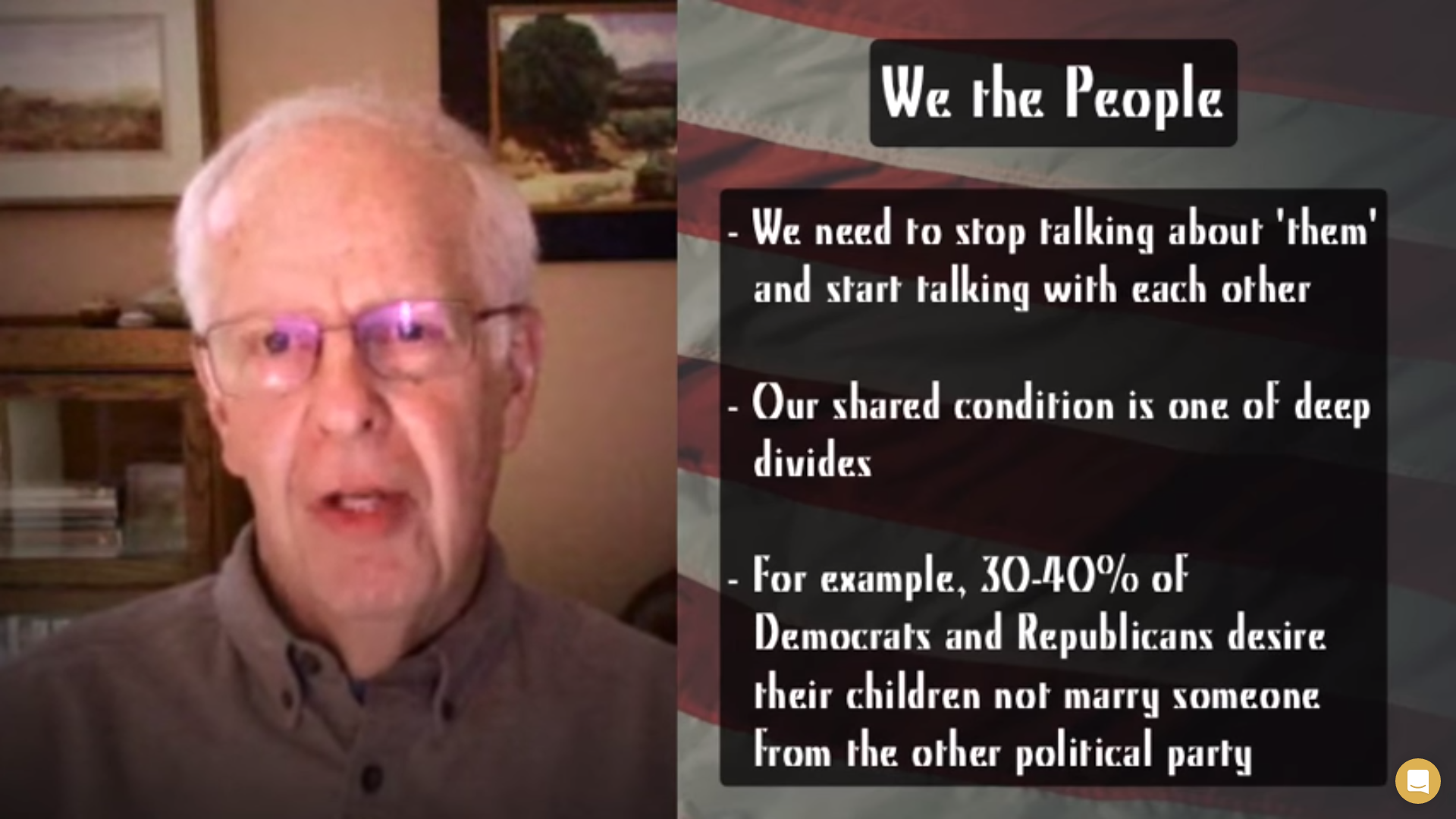Digital technology has created a break between parents’ experiences of the world and that  of our children. Contemporary digital technology offers children an entire category of experiences that previous generations never imagined. Sure, we had video games and television, but playing Nintendo games didn’t really prepare us for parenting with the internet.
of our children. Contemporary digital technology offers children an entire category of experiences that previous generations never imagined. Sure, we had video games and television, but playing Nintendo games didn’t really prepare us for parenting with the internet.
While this world creates new challenges — internet safety issues, temptations to over-screen, easy distractions for both children and parents, etc. — it also offers parents amazing new opportunities to engage children. Churches should be quick to utilize this technology to bring scripture into children’s lives, partly because digital technology is a powerful way to reach kids and partly because it’s one of the main ways that kids engage the world. If we want to reach them, we need to speak their language.
This post is the first in a series of blog posts that will explore ways in which religious educators, parents, godparents, and other people who work with raising children in faith might use digital technology to help engage kids with faith.
Today, we’ll talk about video technology. Anyone who has ever seen their children view photos and videos of themselves, wave at their own images on security cameras, or listen to their own recorded voices knows that recording kids in action is a great way to engage them. Back in the day, hand-held video cameras were heavy and expensive, but now, creating a video is as easy as pulling out a smart phone.
Here are some ways in which video technology might be useful in engaging kids with scripture and spiritual practices:
- Discuss a Bible story or passage from scripture with your class. Have individual children or groups write a short lesson or meditation on the text and record the children telling the story and reading these meditations aloud.
- Have the class draw pictures of different scenes from a Bible story. Put the pictures in chronological order and record the children telling the story in the
 background while showing the pictures in order. You’ve made a short movie! Play it back for the kids.
background while showing the pictures in order. You’ve made a short movie! Play it back for the kids. - Along similar lines, using more than one class, have students create a play or a puppet show based on one or several stories from the Bible. Have them make costumes or puppets and scenery and then record the production like a movie. You could even have multiple classes make such movies and then have a movie day. Pop some popcorn, bring the kids in — perhaps with their families — and show the movies to everyone. (Kids who prefer not to appear in the videos can still help write them and make materials for them.)
- Have students or different groups of students write prayers for different times of day. Create videos or digital recordings of morning prayers, evening prayers, etc., and send them to parents. The kids can listen to or say these prayers as part of their routines.
(Important note: Remember, many communities require parents to give consent before any identifiable images of children are displayed publicly. Ask parents before you show identifiable images of kids on websites or in any other place where the wider community could access them.)
Coming next week: learn how (and why) to create a website for your Sunday school class.





 The Big Class: Bridging the Political Divide with Parker Palmer
The Big Class: Bridging the Political Divide with Parker Palmer  the pro-Lifer might agree with the pro-Choice argument that an outright ban simply drives abortion into the back streets, the common value here being law and order or the desirability of minimizing crime.
the pro-Lifer might agree with the pro-Choice argument that an outright ban simply drives abortion into the back streets, the common value here being law and order or the desirability of minimizing crime.